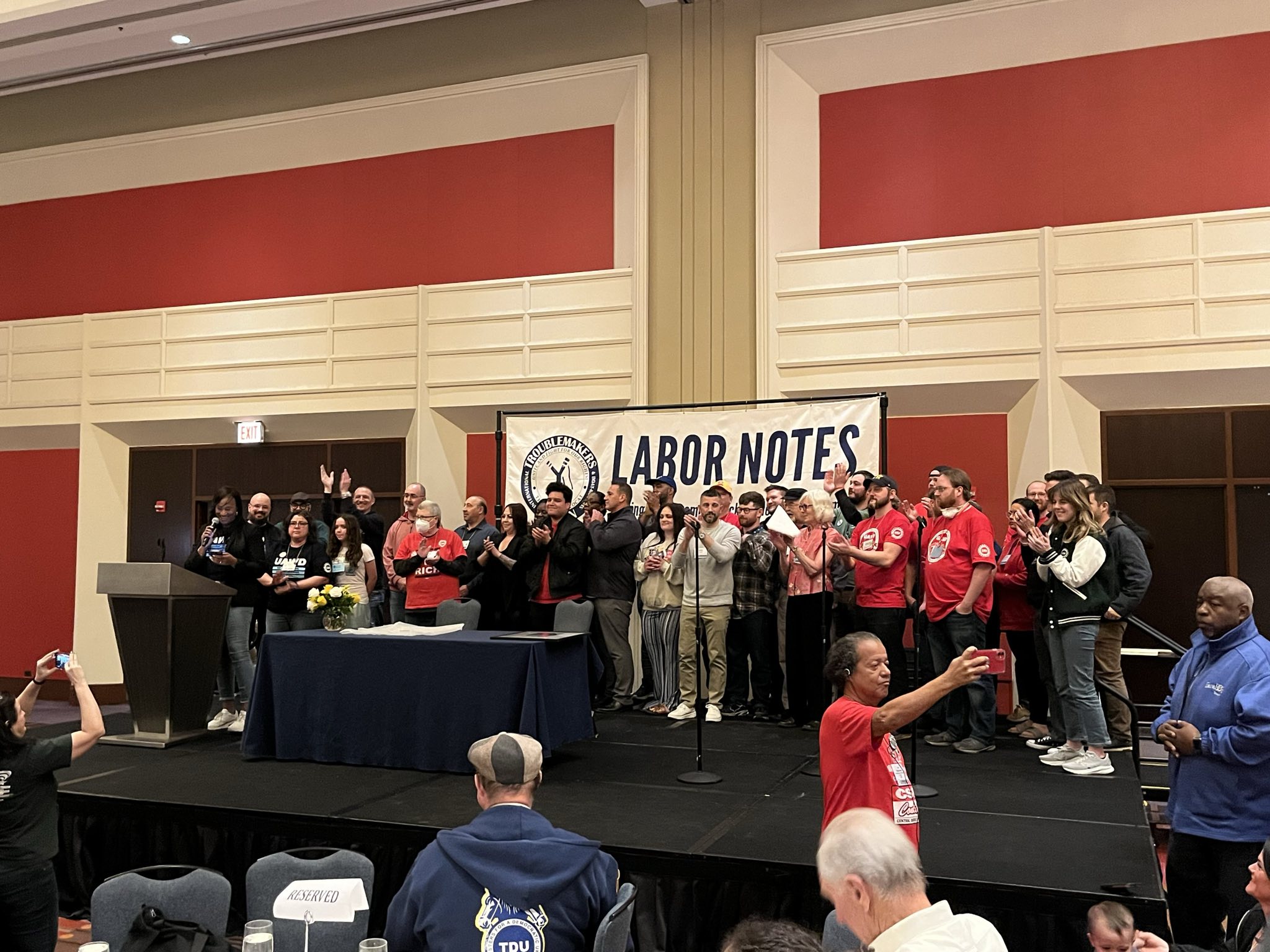In the United States of America, a country founded and shaped by immigration, roughly eleven million people currently live undocumented according to official estimates. Under President Barack Obama, their position has hardly improved. In June 2012, Obama ordered that undocumented immigrants receive a residency permit if they had entered the U.S. during childhood. However, he has also so far deported more than one million immigrants to their countries of origin, almost twice as many as under President George W. Bush during the same period.
Repressive measures like deportations, border security measures, and increased controls fundamentally belie the actual goal of U.S. immigration policies. The truth is: immigration to the U.S. is not meant to be stopped at all. Ultimately, the labor force in the low wage sector is indispensable, and the increased competition in the labor market strengthens the negotiating power of companies. Politicians, therefore, are not looking to stop immigration, but rather to direct it one-sidedly, according to the interests of those that profit from immigrant labor. With this motivation, the United States has in recent decades increasingly relied on “guest worker programs,” which satisfy the interests of the economy and make equal legal treatment for “guest workers” impossible.
A significant driving force behind this inequality, reflected by North America on one side and Central and South America on the other, is the North American Free Trade Agreement (NAFTA). It has, for instance, led to a situation in which the cultivation of corn in Mexico is no longer profitable, forcing many Mexican corn growers to work as farmhands on rice fields in the United States. This example shows that U.S. policies bear dual responsibility: for the expulsion of farmers in Mexico and for the denial of rights for migrants in the U.S.
Besides these “guest workers,” there are also numerous migrants in the U.S. without residency permits. Their situation in life is precarious and will be made even more difficult by a new wave of rigorous laws on the state level. At the same time, a movement rooted in migrant communities has emerged in recent years. It fights for alternative immigration policies based on labor and, above all, human rights principles. A high point in the mobilization of this movement was the “Great American Boycott” (El Gran Paro Estadounidense), a country-wide strike by undocumented immigrants on May 1, 2006.
David Bacon, journalist and author of “Illegal People“ (2008), “Communities without Borders” (2006) and “The Children of NAFTA” (2004), criticizes U.S. immigration policy in his study and argues that only a radical rebuilding of the economic system and particularly the revocation of NAFTA can make the situation better. He calls for a comprehensive reform of immigration policies based not on greater regulation through controls and deportation, but rather on legal equality that ultimately strengthens the residency status of undocumented immigrants.



